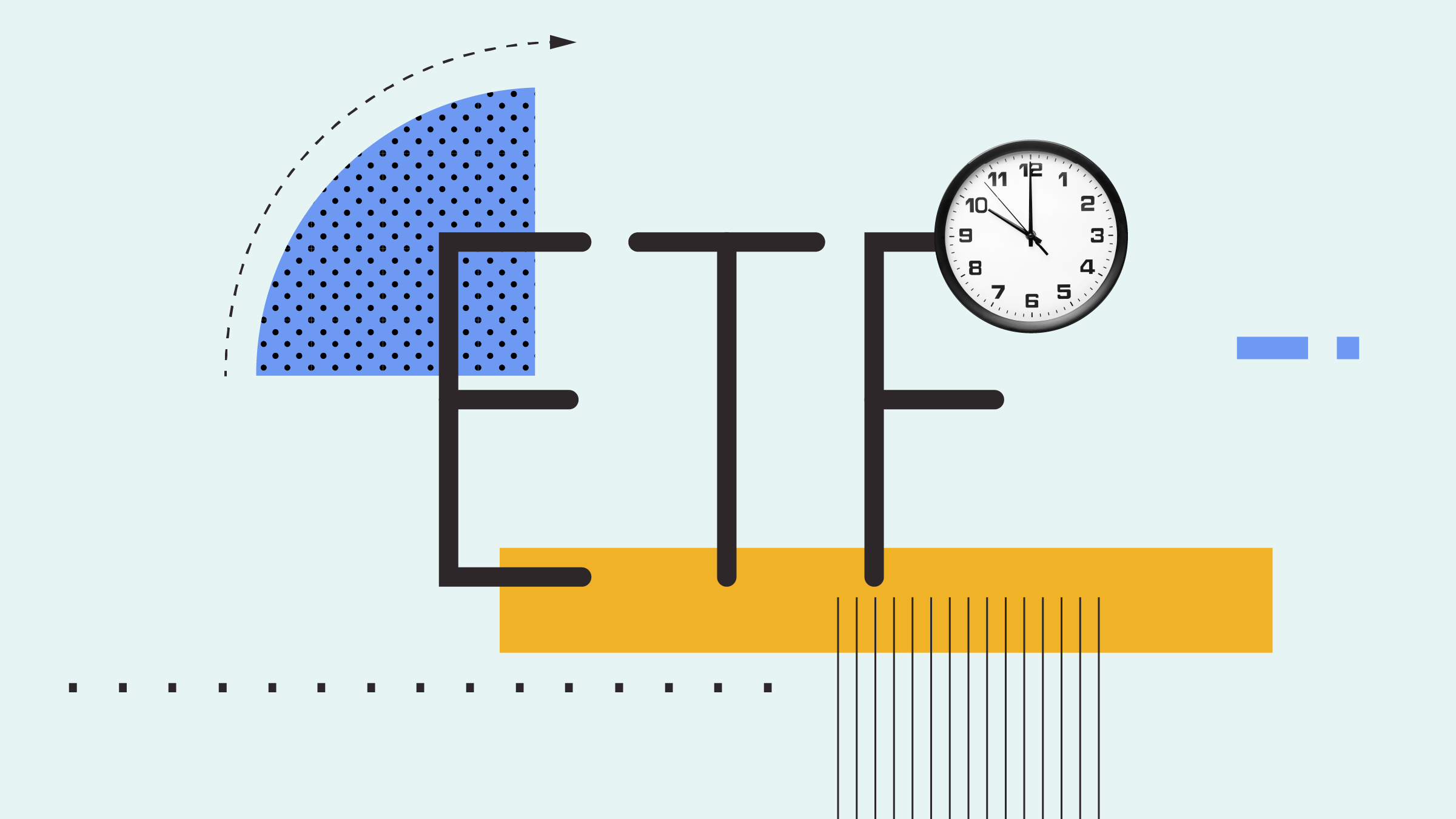.jpg)
Stock market investors should act rationally, meaning they should make economically rational and informed decisions free of human biases, emotions, and feelings. Yet all too often investors find themselves making suboptimal decisions, partly due to emotional biases.
Why is that a problem? Because for most investors, irrational decision-making eventually leads to investment losses. Here are four emotional biases you should be aware of and how you can reduce their influences on your decision-making.
Loss-Aversion Bias
Research has shown that people find losses more pain to bear than they find gains enjoyable to experience. So-called loss aversion is when we take measures to avoid feeling the pain of a loss. This can lead you to hold on to losers in the hope they will recover because you desperately want to break even. Or you might sell too early in fear of losing your paper profit.
To mitigate loss aversion, consider making your decisions based on fundamental analysis and the probability of future outcomes. If your stock investment has plummeted from, 100 to 70 for example, and your updated fair value estimate is 50, then you should probably not hold onto that stock if the only reason is a desperate hope of one day breaking even.
On the flip side, before you sell a winner, ask yourself why you want to sell. Recall your initial profit target and the arguments for why you invested. If you’re selling only because of feelings, you risk cutting your winners too early.
Overconfidence Bias
If you’re overconfident, you might overestimate your knowledge and abilities, which in turn can lead you to overestimate expected returns and underestimate investment risks. Overconfidence can also result in excessive trading. One phenomenon investors often fall prey to is the so-called Hot Hand Fallacy where they assume that a winning streak will continue, whether it is a top-performing fund manager, a stock that has soared, or their own investment choices.
Reviewing your trading records can be a good exercise to reduce overconfidence bias. While conducting your review, it’s important to remain objective. Ask yourself questions such as “why did I buy that security?” or “why did I sell?”. If you can identify behavioural patterns in your trading activity, it’s easier to correct for mistakes.
Regret-Aversion Bias
Regret aversion is associated with people refraining from making decisions to prevent any potential mistakes. This can be either things you did do: “I should not have bought” or, things you didn’t do: “I should have bought.”
Since people want to limit regrets, a plausible outcome from regret aversion is following the herd – seeking safety in numbers. Others may be too cautious for fear of losses and end up limiting their returns.
Making informed decisions is key here. If you can back up your decisions with sound arguments, you stand a better chance of not feeling regret. Focus on factors such as diversification, the long-term benefits of staying invested, and the fair value estimates of your investments.
Self-Control Bias
Delayed gratification is something adults and children alike struggle to master and self-control bias can prevent you from reaching your long-term financial goals, usually because you are more motivated on short-term goals. According to Sarah Newcomb, behavioural economist for Morningstar: “Things up close just feel more important than things far away. This is why it’s so hard to get motivated to do things we know are good for us in the long run, but don’t have an immediate benefit--or worse, they cost us in the here and now.”
A possible consequence of neglecting to save for the future is excessive risk-taking in a bid to achieve higher returns once you realize that what you have is insufficient to meet your future needs.
To mitigate the self-control bias, establishing an investment plan and having a personal budget can provide you with the framework and motivation required to sacrifice short-term pleasure to reach your long-term financial goals. Tricks such as setting up a regular investment plan can help you stay on track, as they make saving automatic.
Conclusion
Emotional biases are difficult to overcome because they are caused by impulses and feelings deeply embedded within us – and often we don’t even realize we’re doing them. Increasing your investment knowledge and evaluating your track record to discover behavioural patterns can be a good exercise in learning to avoid these traps and establishing an investment plan can help you keep your eyes on the prize. If you can support your investment decisions with rational arguments based on solid facts, you stand a better chance of reaching your financial goals.
This article does not constitute financial advice. It is always recommended to speak with a financial professional or advisor before buying or selling any financial assets.
Source: 2016 CFA Level III Volume 2 Behavioural Finance, Individual Investors, and Institutional Investors. Reading 6. The Behavioural Biases of Individuals.




















